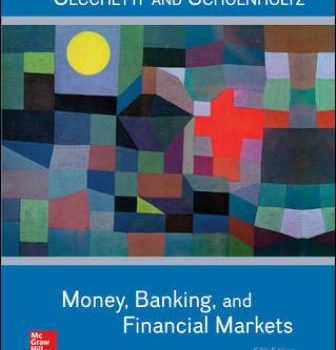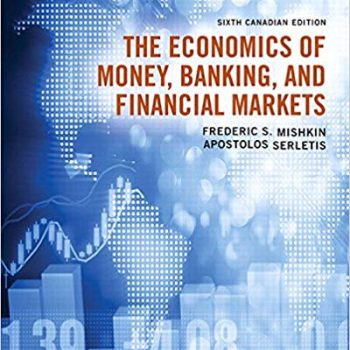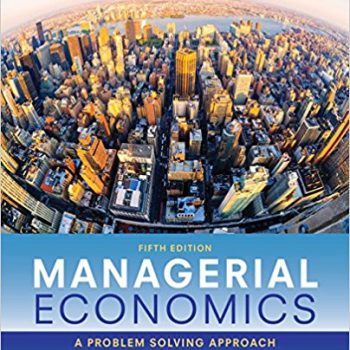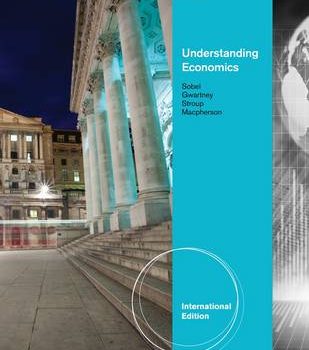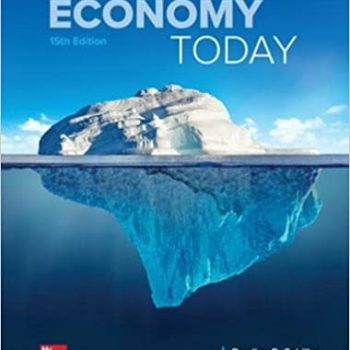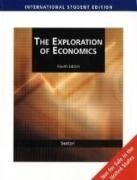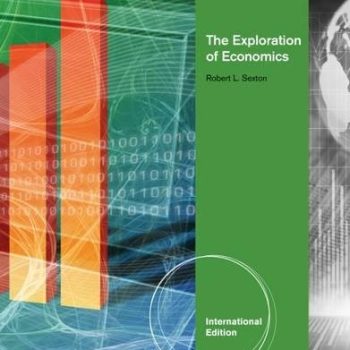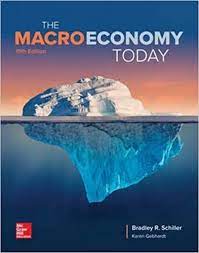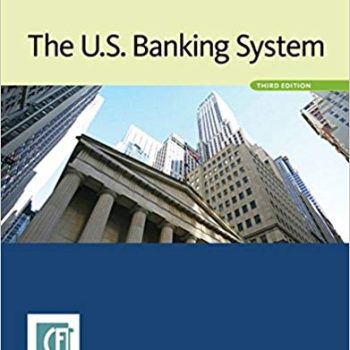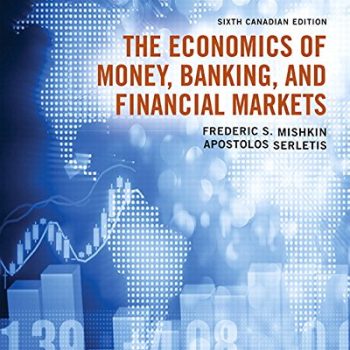What is Economics?
Economics is the study of how individuals, businesses, governments, and societies make choices about allocating resources. It explores the production, distribution, and consumption of goods and services, as well as the decision-making processes that determine the allocation of resources. Economics aims to understand how economies function and how economic agents interact within markets.
Importance of Economics
Economics is crucial for understanding and addressing the challenges of resource allocation, economic growth, and development. It provides insights into how markets operate, how policies impact economic outcomes, and how to make informed decisions that enhance welfare. Studying economics equips individuals with analytical tools to solve real-world problems and contribute to policy-making and business strategies.
The Subfields of Economics
Microeconomics
Microeconomics focuses on the behavior of individual consumers and firms, and how they make decisions regarding the allocation of limited resources. This subfield examines supply and demand, pricing, and the functioning of competitive and non-competitive markets.
Macroeconomics
Macroeconomics deals with the performance, structure, and behavior of entire economies. This subfield explores economic indicators such as GDP, inflation, and unemployment, as well as fiscal and monetary policies that influence economic stability and growth.
International Economics
International Economics studies economic interactions between countries. This subfield includes topics such as international trade, foreign direct investment, exchange rates, and the impact of globalization on economies.
Development Economics
Development Economics focuses on improving the economic well-being of people in developing countries. This subfield examines issues such as poverty, inequality, economic growth, and the effectiveness of development policies and programs.
Behavioral Economics
Behavioral Economics integrates insights from psychology with economic theory to understand how individuals make decisions. This subfield explores how cognitive biases and heuristics influence economic behavior and decision-making.
Benefits of Studying Economics
Economic Benefits
A strong understanding of Economics opens up career opportunities in various sectors, including finance, government, academia, and international organizations. Economists are essential for analyzing data, formulating policies, and making strategic decisions that drive economic progress.
Cross-disciplinary Subject
Economics intersects with fields such as business, sociology, political science, and environmental studies. This interdisciplinary approach enhances problem-solving skills and provides a comprehensive understanding of economic systems and their impact on society.
Curiosity
Studying Economics satisfies a natural curiosity about how economies work and how different factors influence economic outcomes. It encourages critical thinking and analytical skills, fostering a deep understanding of economic principles and their applications.
Career Growth
Economics education provides a solid foundation for career advancement. It equips individuals with the knowledge and skills needed for roles in policy analysis, financial management, consulting, and research. Advanced studies in economics can lead to specialized positions and opportunities for significant contributions to economic thought and practice.
Test Bank Archive
At Test Bank Archive, we offer a wide range of resources to support your studies in Economics. Our collection includes detailed test banks and solution manuals for various textbooks. These resources provide:
- Targeted Exam Preparation: Practice questions that mirror the style and difficulty of your exams, boosting your confidence and readiness.
- In-Depth Explanations: Detailed solutions that help clarify complex economic concepts and theories.
- Up-to-date Content: Regular updates to ensure alignment with current academic standards and curricula.
Our test bank resources are designed to help you excel in your Economics courses by providing structured, effective study tools.
Conclusion
Economics is an essential field that provides insights into how economies function and how to make informed decisions that improve economic outcomes. By thoroughly preparing for your courses and utilizing the extensive test bank resources at Test Bank Archive, you can enhance your knowledge, improve your academic performance, and succeed in the field of Economics. Start exploring our resources today and take a significant step towards mastering Economics.
Showing all 15 results

